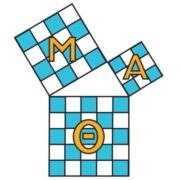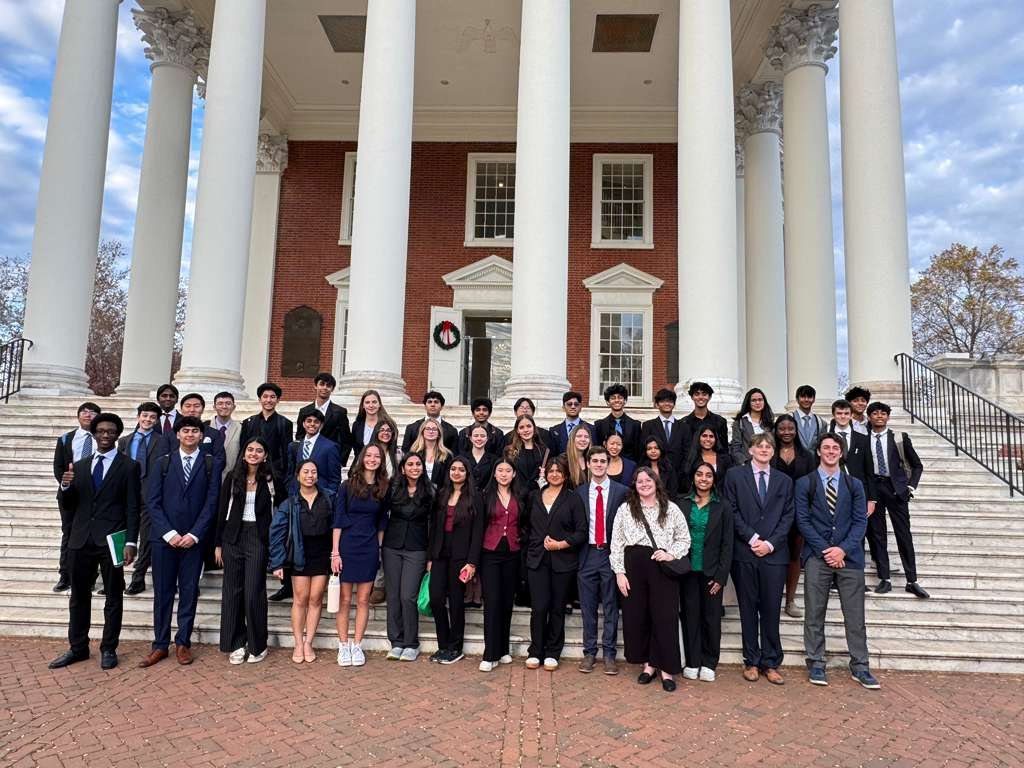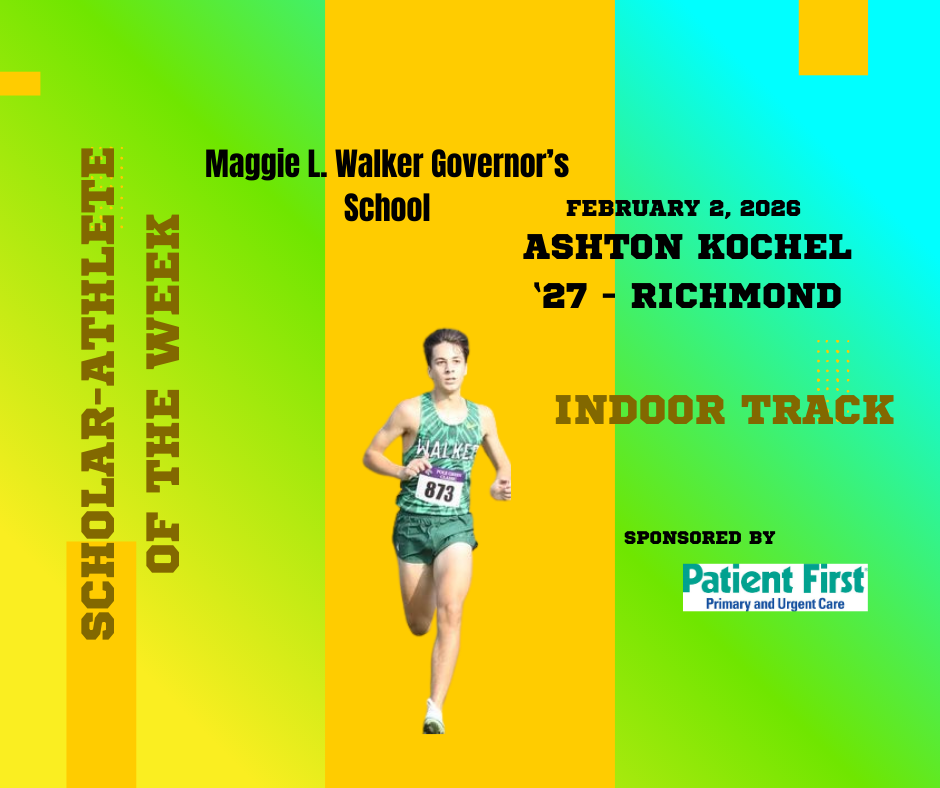Mu Alpha Theta is sponsoring a talk by Dr. Adrian Rice (Randolph-Macon College) on Monday, December 13, 3:30-4:30, in the Auditorium. Dr. Rice is an engaging speaker and well-regarded in the larger math community; we are lucky to count him as a friend to MLWGS Math. Dr. Rice’s talk will present an analysis of Ada Lovelace’s extant mathematical writings and will attempt to convey a more nuanced assessment of her mathematical abilities than has hitherto been the case.
Adrian Rice is the Dorothy and Muscoe Garnett Professor of Mathematics at Randolph-Macon College in Ashland, Virginia, where his research focuses on 19th- and early 20th-century British mathematics. In addition to papers on various aspects of the history of mathematics, his books include Mathematics Unbound: The Evolution of an International Mathematical Research Community, 1800–1945 (with Karen Hunger Parshall), Mathematics in Victorian Britain (with Raymond Flood and Robin Wilson), and most recently Ada Lovelace: The Making of a Computer Scientist (with Christopher Hollings and Ursula Martin). He is a four-time recipient of awards for outstanding expository writing from the Mathematical Association of America, and in 2021 he was awarded the Catherine Richards Prize by the Institute of Mathematics and its Applications.
Ada Lovelace: The Making of a Computer Scientist
Ada Lovelace is widely regarded as an early pioneer of computer science, due to an 1843 paper about Charles Babbage’s Analytical Engine, which, had it been built, would have been the first general-purpose computer. Her paper contains an account of the principles of the machine, along with a table often described as ‘the first computer program’. However, over the years there has been considerable disagreement among scholars as to her mathematical proficiency, with opinions ranging from ‘genius’ to ‘charlatan’.





